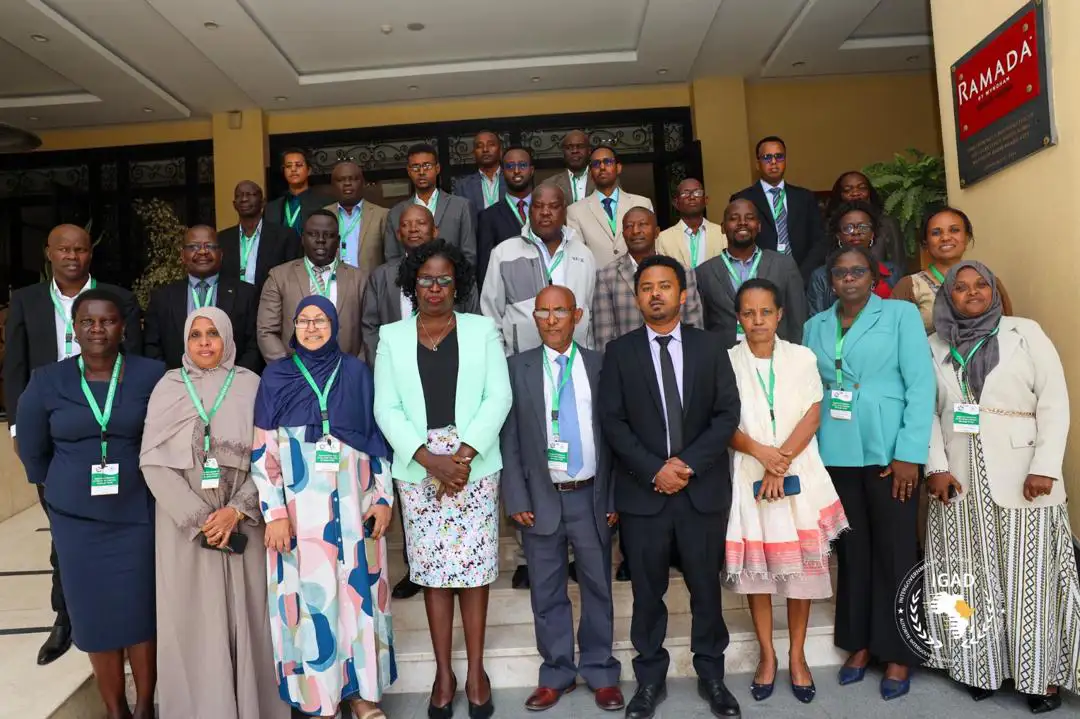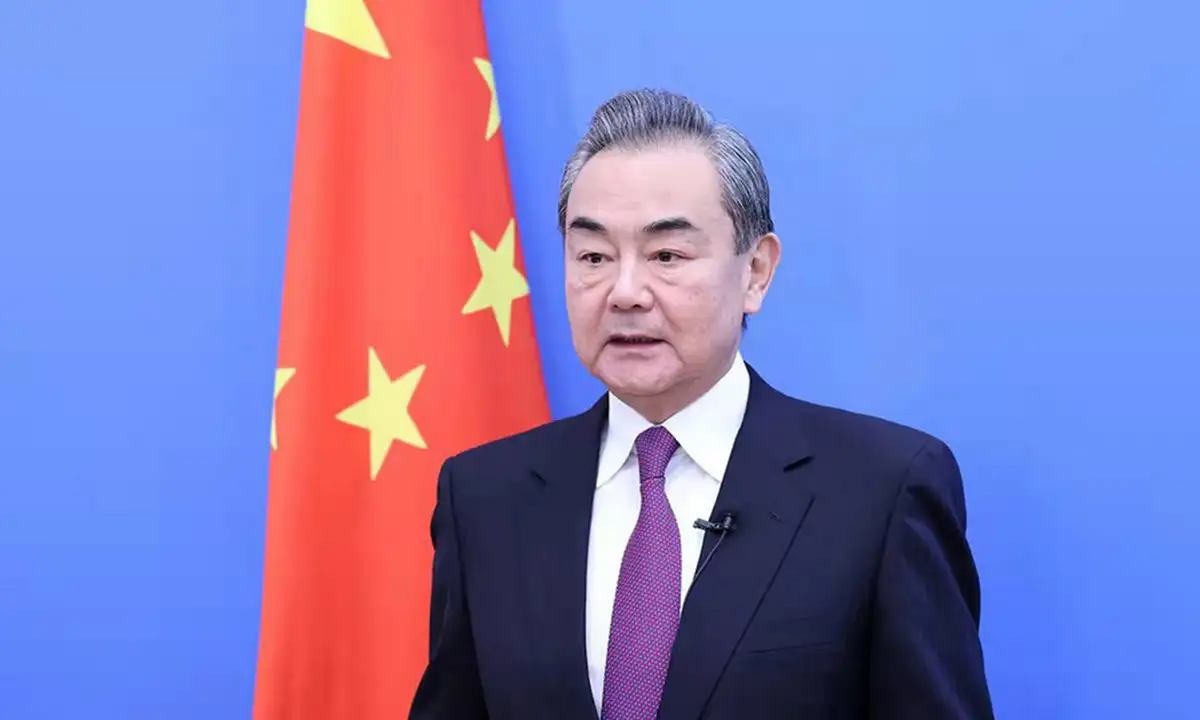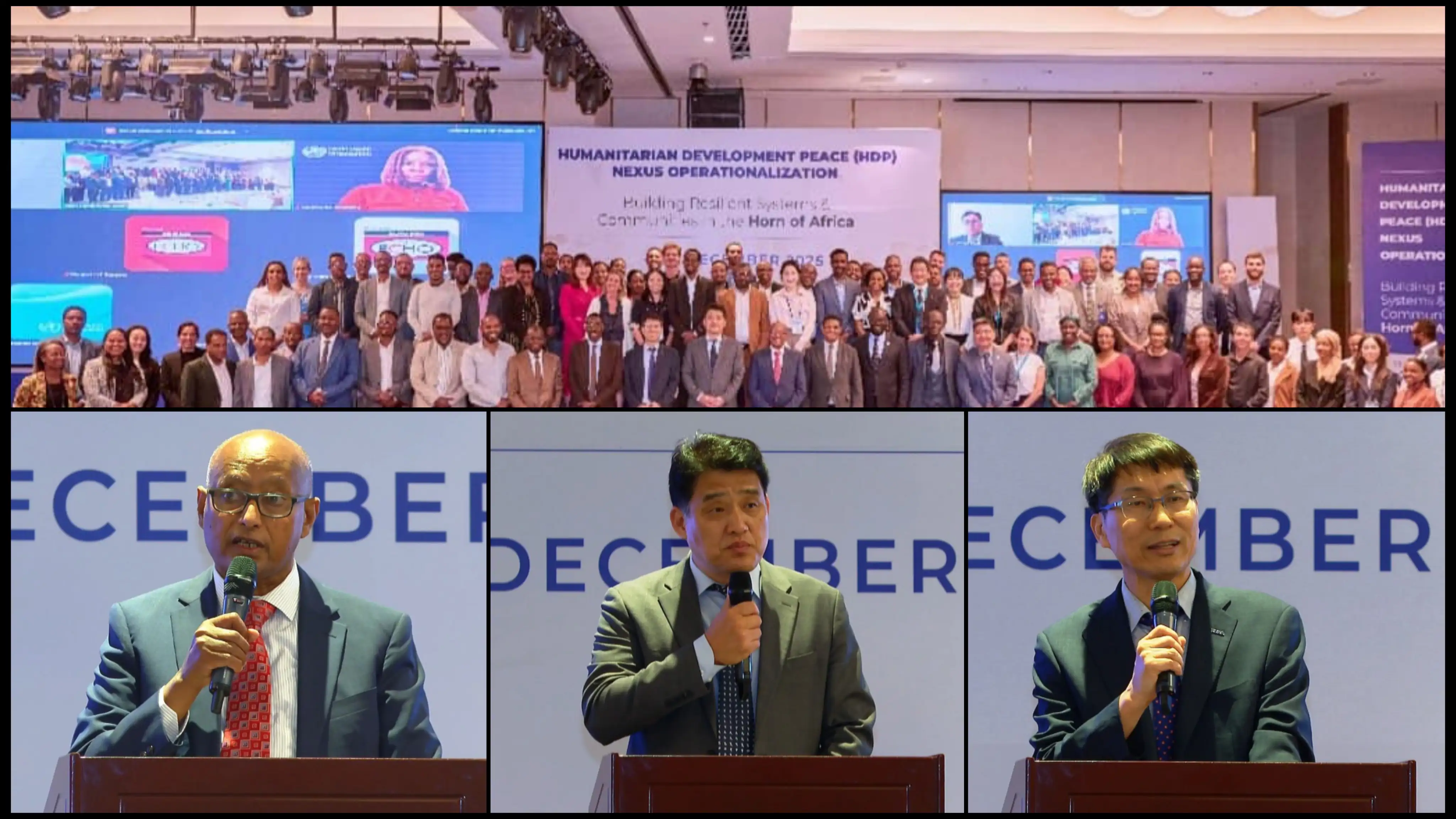In a pressing call to action, Dr.Mohyeldeen Eltohami Taha Hamed, the Director for Economic Cooperation and Regional Integration at the Intergovernmental Authority on Development (IGAD), has emphasised the urgent need for sustainable water management practices in the IGAD region to combat food insecurity and enhance agricultural productivity.
The challenges facing the IGAD region, which encompasses eight member states in the Horn of Africa, are increasingly dire. Dr.Hamed stated, “As you may be aware, our region continues to grapple with the challenges of frequent water scarcity and distribution issues.” He highlighted that these challenges have resulted in poor crop productivity, exacerbating the already critical demand for effective water management for both agricultural and non-agricultural purposes.
According to recent IGAD reports, only 7 per cent of the region's farmland is currently irrigated, with over 75 per cent of farmers relying on rain-fed agriculture. This situation leaves a mere 2 per cent of farmland under irrigation, putting farmers in a precarious position as they strive to meet the food demands of a growing population. "The implications of this water scarcity are severe," Dr.Hamed warned. "Farmers are unable to produce enough food, which threatens food security across the region."
The urgency of addressing these issues was echoed by African heads of state and governments in 2019, who recognised the need to adopt and scale sustainable agricultural water management practices. They underscored the importance of prioritising irrigation development and water resource management among IGAD member states to enhance agricultural productivity. This commitment aligns with the African Union's Agenda 2063 and the Malabo Declaration, aimed at achieving sustainable development goals (SDGs), particularly SDG 2, which focuses on ending hunger and promoting sustainable agriculture.
Dr.Hamed noted that “the potential for irrigation and agricultural development in our region is critical.” He emphasised that adapting sustainable irrigation practices could significantly improve productivity for farmers dependent on rain-fed agriculture. “This is not just about food security; it’s about transforming agriculture to reduce poverty and ensure sustained livelihoods for our rural populations,” he added.
To tackle these challenges, IGAD has developed a regional strategy that aims to promote access to irrigation and other agricultural water management solutions. This strategy is designed to facilitate sustainable agricultural intensification across member states. “Our commitment is clear,” Dr. Hamed declared. “We will regulate, promote, and effectively manage our water resources and land to support this vital transformation.”
Furthermore, he urged member states to collaborate closely in implementing these strategies, stating that “the success of our efforts hinges on cooperation and shared responsibility among all stakeholders.” He called for increased investment in irrigation infrastructure and training programs for farmers to ensure they can effectively utilise available water resources.
On this matter, Dr. Hamed’s remarks serve as a clarion call for immediate action in the IGAD region. The integration of sustainable water management practices into agricultural development is not merely an option; it is an essential pathway to achieving food security and fostering economic growth in one of Africa’s most vulnerable regions. As he aptly put it, “The time for action is now; we cannot afford to wait any longer.”
In the meantime, Yared Mulat, Lead Executive Officer for Irrigation Project Study and Design under Ethiopia’s Ministry of Irrigation and Lowlands, addressed a critical validation meeting today, emphasising the urgent need for sustainable irrigation practices to tackle the escalating food security crisis in the IGAD region.
During his opening remarks, yared stated, “The challenge facing our region is stark and undeniable. Our member states grapple with the serious consequences of frequent droughts and inadequate water availability.”
He highlighted that over 75% of farmers rely on rain-fed agriculture, with irrigated farming accounting for less than 2% of total production. This precarious situation jeopardises food security as the population continues to grow.
Yared asserted that adopting sustainable irrigation practices is essential, declaring, “It’s a new norm and a fundamental necessity.”
He referenced commitments made by African leaders in 2019, emphasizing the need to prioritize irrigation development within continental frameworks like Agenda 2063 and the Malabo Declaration.
Ethiopia, as a founding member of the African Union, is actively leading efforts in irrigation development. “Our national strategies align with the objectives of the continental framework,” Yared noted, pointing to initiatives such as the 10-Year Development Plan and the National Small-Hole Irrigation and Drainage Strategy. These programs focus on soil and water conservation, rainwater harvesting, and watershed management to mitigate climate-related vulnerabilities.
Yared concluded by urging all stakeholders to collaborate effectively in implementing these strategies, stating, “Our commitment to this cause is reflected at the highest level. We must work together to ensure our farmers have access to sustainable water sources.”
The meeting serves as a pivotal moment for regional leaders to unite in addressing the pressing challenges of food insecurity and water scarcity.




